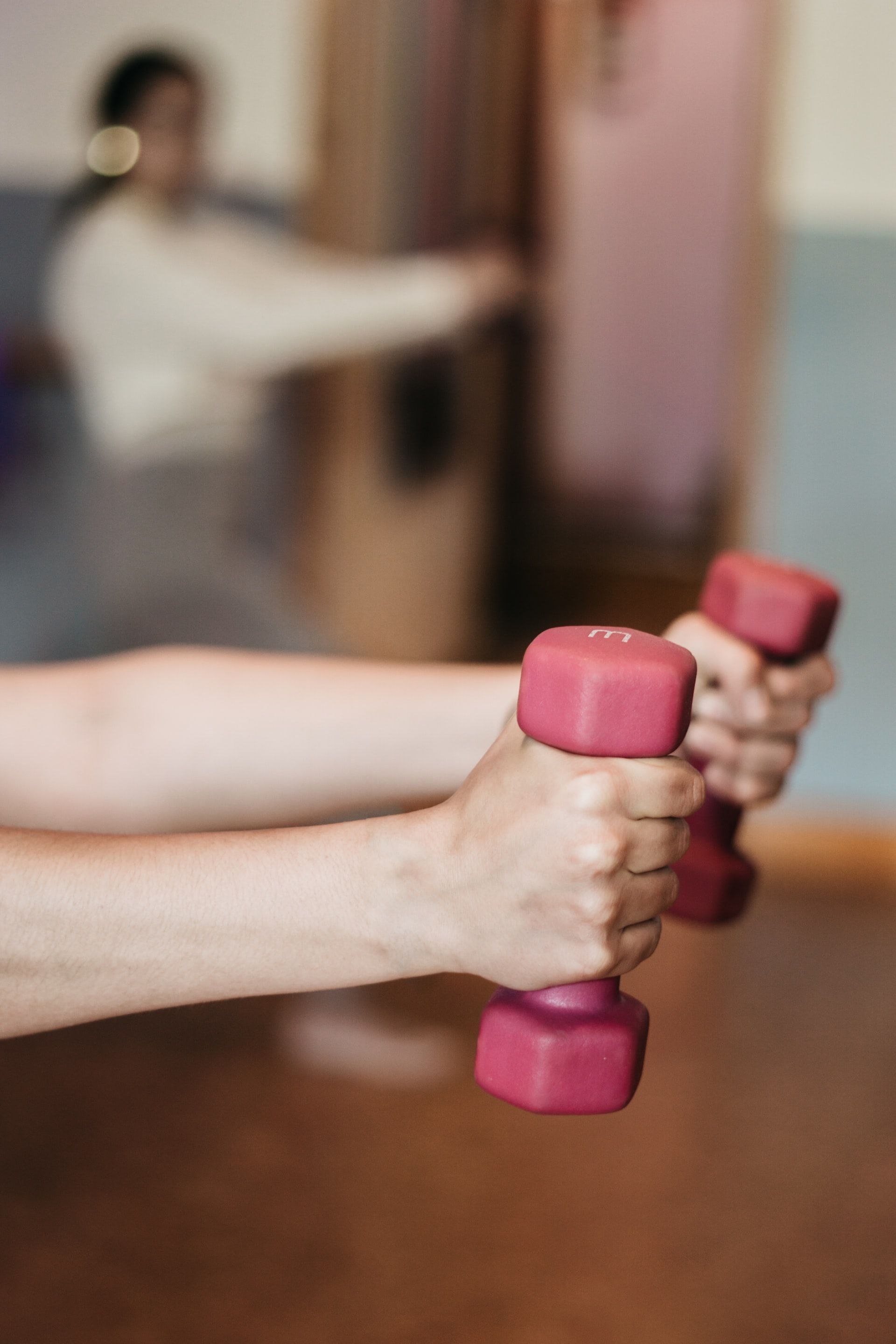Image by Greg Rosenke from Unsplash
Total knee replacement or partial knee replacement surgeries are considered the very last resort for treating osteoarthritis. Surgery can relieve severe pain and improve physical function like the ability to walk, move from sitting to standing, and other everyday activities. Before surgery, people with knee osteoarthritis are treated with medications, exercise, weight loss, and physical therapy. It is only when these treatment options are no longer able to adequately manage someone’s pain and loss of function that surgery is considered. For more information about the factors and considerations to decide if a knee replacement is right for you check out this blog here!
So when should I get a total knee replacement surgery?
There is a lot of debate surrounding when the best time to undergo total knee replacement is. There are negative impacts of receiving surgery both too early or too late.
About 25% of people who don’t need a total knee replacement surgery were found to undergo the procedure anyways.[2] People that undergo a total knee replacement too early may not see a reduction in their pain or an improvement in their fuction after a major surgical procedure.[2] These people were also more likely to undergo a revision surgery as a result of receiving the surgery too early in life.[2]
On the contrary, about 90% of people who were identified as needing a total knee replacement surgery were found to not receive the surgery.[2] People that put off their total knee replacement too late are at risk of having physical activity limitations after their surgery, and are at a higher risk of disability and chronic disease as well.[2] Furthermore, people that delay their total knee replacement lose out on the benefits of living with less pain and more function for longer between the time of diagnosis and surgery.

Image by Sharon McCutcheon from Unsplash
There are many reasons as to why people might undergo a total knee replacement surgery too early or too late. People who were younger and living alone were found to undergo a total knee replacement too early.[2] Younger people may opt for a knee replacement earlier as they have to work, and need to be in good physical health to do so.[2] People that live alone may have more fear of losing their independence should their condition deteriorate.[2]
People who are black have an increased chance of undergoing a total knee replacement too late, this may be associated with the systematic racism present in the healthcare system in the United States.[2] Additionally, many healthcare systems may be structured so that people have to wait long periods of time before they are even able to receive knee replacement surgeries.[2]
What are my other options?

Image by Yulissa Tagle from Unsplash
Exercise is the most effective non-surgical treatment for osteoarthritis Exercise has been found to reduce pain and improve physical function in people with mild and moderate knee osteoarthritis.[3] In fact, people with osteoarthritis who do not regularly exercise experience increased pain, disability, weight gain, comorbidities (diabetes, high blood pressure...etc.), fatigue, and depression. All of these factors can further discourage someone from exercising, which continues to lead to poorer health outcomes and worsening of their osteoarthritis.
A 2013 study found that exercise did not significantly reduce pain or improve physical function in people with severe osteoarthritis.[3] However, a more recent study found contradicting results, where people with did see reduced pain and improved physical functioning, only to a lesser degree than people with mild or moderate osteoarthritis.[5] Multiple studies have also found that people who exercised before their knee replacement surgeries were likely to have better results after their surgery, in terms of pain relief and physical functioning, and could get back to their everyday lives sooner.[1][4] In the case of severe OA exercise cannot replace a knee replacement but it can reduce pain, improve function and also improve your outcomes for your future knee replacement.
Conclusion:
It’s important to partake in exercise before your knee replacement surgery, to ensure the best possible results afterwards, such as relief from your pain and regaining your physical activity level. However, exercise does not replace a total knee replacement surgery, and delaying this procedure can actually have negative consequences on your knee health.
Curovate can help you if you have had a total knee replacement surgery, to reduce pain in your everyday life and help get you back to the activities you love. The app contains daily exercise plans created by an experienced licensed physiotherapist, along with precautionary notes and demonstrations. Download our total knee replacement recovery app below.
If you need further customized assistance during your surgery or injury recovery check out our Virtual Physical Therapy page to book your 1-on-1 video session with a physical therapist.
 |
 |
|---|
Other Blogs Related to Knee Replacement:
- What is Osteoarthritis?
- What is a Total Knee Replacement?
- What is the Recovery Timeline for a Total Knee Replacement?
- 6 Things You Need To Know After A Total Knee Replacement
- Is it Normal to Still Have Pain after a Knee Replacement Surgery?
- How Long Will My Knee Replacement Last and Is There Anything I Can Do To Make My Knee Replacement Last Longer?
- Should I Be Experiencing Pain When I Do My Rehabilitation Exercises?
- What Kind of Exercises and Sports Can I Do After A Total Knee Replacement?
- Physical Therapy Advice After Knee Surgery to Keep Up With Your Exercises: Part 1
- What Is Range of Motion And Why Is It Important Following Knee Replacement?
- 4 Tips To Prevent Falls After Hip or Knee Replacement Surgery







